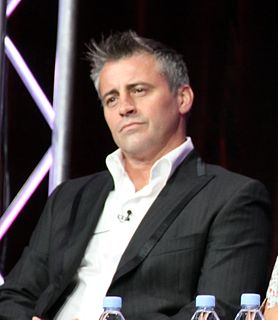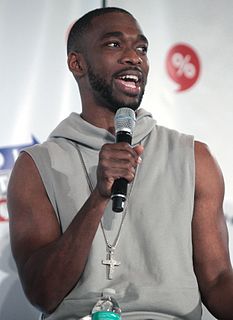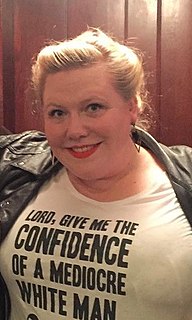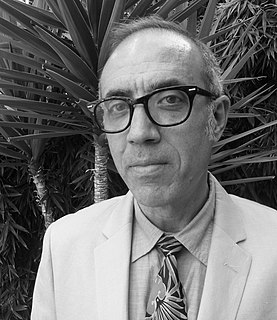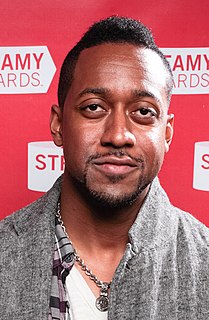A Quote by Eric Idle
I don't necessarily know much about comedy, I don't spend a lot of time watching it. Mainly because all my life for about 50 years I've had comedy.
Related Quotes
The only thing I knew in the world as a little kid was comedy. And no other kids in my school cared about it at all. There was no one to talk about it with. You know, we're in a geek culture now where comedy is so giant. I'm one of the people that, you know, works on Funny or Die. And there is just a giant culture of comedy nerds. But back then, I was alone, and I had a little confidence about it because I felt like, this is my thing, this is the only thing that only I know about.
The funny thing about The West Wing is - and I don't know what Aaron Sorkin says about it - but I'm convinced it was a comedy. It's a very intellectual and cerebral comedy, but it was SportsNight in the White House. It had an energy and a vitality and an intelligence and a passion that's rare. And it was extremely difficult to do, because they were so demanding about the dialogue.
I see parody as another form of comedy. If you are making a comedy, there are a lot of different ways to do it. I'm not necessarily always aware of my quote-unquote persona when doing things like that. It's more, "What does the character need at the time?" I'm certainly drawn to certain types of material, there's no doubt about that.
On a practical level, I'm uncomfortable at comedy clubs because there are so many shitty dude comics who have made my life miserable. If I go to a comedy club and I look around, I don't know which of the dudes lining the wall told me that I was too fat to get raped. It makes me nauseous. But that was a couple years ago, and meanwhile, comedy has changed a lot.
I don't think so much about verbal comedy. I always think about visual comedy. I was raised watching silents, and I'm always thinking about how to make cinema, not good talking - although I want good talking. I'm much more interested in framing, composition, and orchestration of bodies in space, and so forth.



